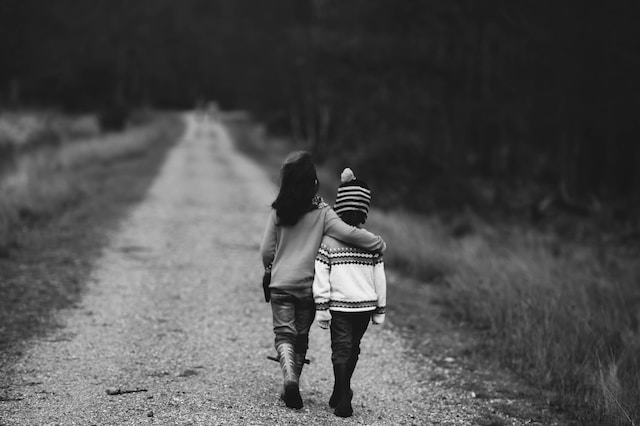Creating a Culture of Belonging

Photo by Annie Spratt on Unsplash
I recently had the opportunity to attend a conference on Creating a Culture of Belonging in my role as a community trustee of The Presidio Hill School in San Francisco. I was excited to be invited as a member of the PHS cohort to attend this very important conference hosted by San Francisco Friends School and Pollyanna. Being a trustee at a school whose mission and vision I believe in as well as whose leader, Lisa Jeli, is one I believe in is an honor and a privilege. The day was filled with learning, opportunity, moments of heartache, and moments of hope, all met with listening to understand and curiosity.
Jamil Zaki, author of The War for Kindness, Building Empathy in a Fractured World and an associate professor of psychology at Stanford University was the keynote speaker. He spoke of many critical things related to empathy. The biggest learning for me was to think of empathy as a skill and not a fixed trait. This, of course, is wonderful news for educational institutions. This affirms what we have known all along. Teachers and leaders who prioritize social-emotional learning, building community and relationships, and embracing inclusion and belonging have been building this empathy muscle in students. As Zaki tells us empathic practices lead to empathic habits which leads to empathic people.
Empathy is defined as the “action of understanding, being aware of, being sensitive to, and vicariously experiencing the feelings, thoughts, and experience of another.” I believe that acts of showing understanding and awareness of others and their experiences can lead to acts of kindness and these acts of kindness can lead to an individual and a collective sense of belonging. In my meditation group, I learned that compassion can be defined as when love meets suffering and is connected to empathy. I saw compassion in the small groups at the workshop as participants shared times when they did not feel belonging. I saw kindness, curiosity, and expressions of empathy.
It is important for institutions to assess and evaluate their culture of belonging on a regular basis.
- Who feels belonging and when?
- Who does not feel belonging and when?
- What patterns do you notice?
- What systems and channels do you have in place for those who experience harm to receive to be heard and receive support?
There is the heartache that I know exists in the reality of our independent schools and many other institutions. There is also the opportunity when this suffering and heartache are met with empathy, love, and compassion. This is the point at which change is possible.

